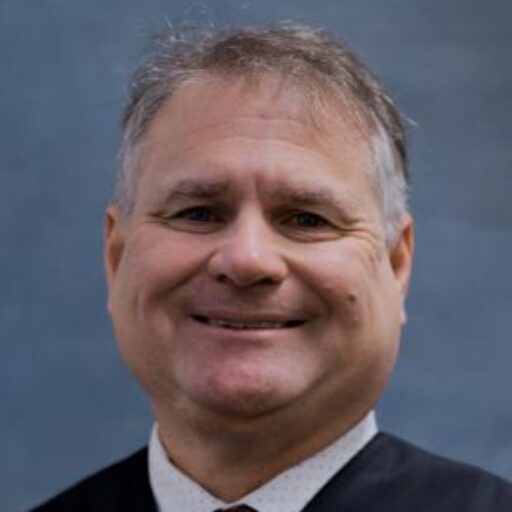Early Life and Education
Craig Alan McCarthy was born on August 13, 1967, in New Jersey. He moved to Brevard County, Florida, in 1979, where he attended Satellite High School and served as student body president, graduating in 1985. McCarthy then attended the United States Military Academy at West Point, graduating in 1989. He later earned his Juris Doctor from Florida State University College of Law in 1995.
Military Service
McCarthy served as a field artillery officer in the United States Army from 1989 to 1992 and continued in the Army Reserve until 2003. His military career included a deployment with the Berlin Brigade during the Cold War, where he was the youngest battalion staff-level fire support officer in the U.S. military at the time.
Legal Career
After law school, McCarthy began his legal career as a legal aid in Central Florida. He later worked in medical license regulation and employment and civil rights law. In 2001, he moved to Orlando and worked for the Florida Department of Children and Families before opening his private practice, focusing on juvenile and dependency law. McCarthy has been involved in several high-profile cases, including the Rifqa Bary case and the Sharlyn Singh case.
Judicial Career
McCarthy was appointed as a General Magistrate for the Ninth Judicial Circuit Court of Florida in 2021 by Chief Judge Donald A. Myers, Jr. On July 11, 2022, Governor Ron DeSantis appointed him to the circuit bench, filling the vacancy left by Judge Bob LeBlanc. McCarthy’s current term ends on January 7, 2025, and he is running for re-election in the primary on August 20, 2024.
Controversies and Criticisms
Judge McCarthy has faced several controversies throughout his career:
Extreme Judicial Views
McCarthy has been criticized for his past extreme views on the American justice system. He moderated a website called CourtZero and authored a book with the same title, where he argued that activist courts should be defunded to prevent judges from overruling legislative intentions. These views have raised concerns about his impartiality and judicial philosophy.
Critique of Brown v. Board of Education
One of the most contentious aspects of McCarthy’s career is his critique of the landmark Supreme Court decision Brown v. Board of Education. His opponent, Stephen Brown, has portrayed McCarthy as supporting segregation, a claim McCarthy disputes. McCarthy argues that Plessy v. Ferguson could have been decided in a manner that promoted racial equality earlier. This critique has been a focal point in his re-election campaign, with McCarthy defending his position as a historical analysis rather than an endorsement of segregation.
Political Involvement
McCarthy’s political activities, including his support for Arizona’s controversial immigration law and his run for the Florida House of Representatives, have also drawn scrutiny. His involvement with local Tea Party leaders and his stance on selective immigration enforcement have been polarizing.
Professional Activities and Memberships
- Former Chair, Public Interest Law Section of the Florida Bar
- Founding Chair, Parents Advocacy Committee of the Public Interest Law Section
- Member, Inaugural Class of Board Certified Juvenile Law Attorneys
Conclusion
Judge Craig McCarthy’s career has been marked by both accomplishments and controversies. His military service, extensive legal background, and judicial appointments highlight his dedication to public service. However, his past extreme views and political activities have raised questions about his suitability for the judiciary. As he seeks re-election, voters will need to weigh his professional experience against the criticisms he has faced.
